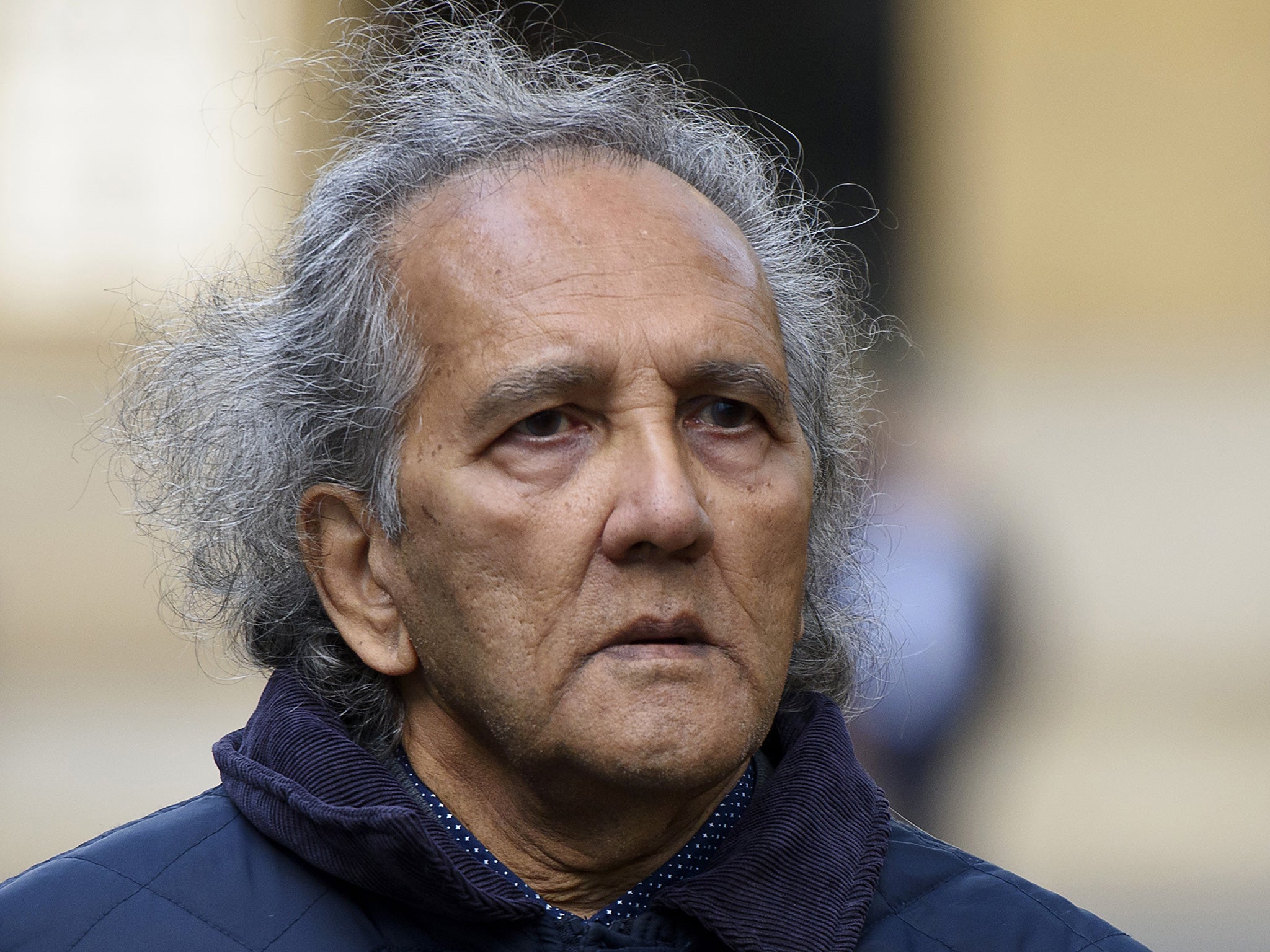Maoist cult leader Aravindan Balakrishnan found guilty of raping followers and imprisoning daughter
Aravindan Balakrishnan was known as Comrade Bala within the women-only collective he founded 40 years ago

A Maoist cult leader has been found guilty of a string of sex assaults and rapes, cruelty and imprisoning his daughter in a commune for 30 years.
Aravindan Balakrishnan, from Enfield, London, was convicted of six counts of indecent assault, four counts of rape, cruelty to a child under the age of 16, two counts of actual bodily harm and false imprisonment by a jury at Southwark Crown Court today.
Known as Comrade Bala within the women-only collective he founded 40 years ago, the 75-year-old carried out a "brutal" campaign of violence and "sexual degradation" against the women over several decades.
He brainwashed his followers into thinking he had God-like powers, and invented a supernatural force known as Jackie which, he said, could trigger natural disasters if his will was flouted.
He claimed that a challenge to his leadership resulted in the 1986 space shuttle disaster and that Jackie was also responsible for the death of a Malaysian prime minister and the election of Jeremy Corbyn as Labour party leader.
Beaten, banned from singing nursery rhymes, going to school or making friends, his daughter described herself as a "shadow woman" who was kept like a "caged bird".
The woman, who cannot be identified for legal reasons, said she would be dead if she hadn't finally escaped.
She said: "If I hadn't (died) from diabetes I would have committed suicide because I just couldn't bear feeling like that any more.
"I just had had enough. I didn't want to live like an animal any more."
Following his conviction, Detective Chief Superintendent Tom Manson, of the Met Police's organised crime command, said: “Over 40 hours of carefully conducted interviews, these woman told us about the abuse they endured at the hands of Balakrishnan spanning decades.
“One victim described feeling suicidal early in her childhood and how the huge sense of isolation she experienced led to her making friends with inanimate objects and developing romantic feelings for anyone who paid her any attention.
“It seems extraordinary that Balakrishnan could command such control over so many people, however all of the victims have told us in great detail that they very much believed his claims of power and greatness and the threats he made to them. They all described feelings of fear and being totally controlled him.
“All of the women have faced huge challenges in adapting to day-to-day life since they left Balakrishnan's control but with the support of a number of charities and professionals are making exceptional progress and their bravery deserves recognition and praise.
“I hope that Balakrishnan's conviction today brings them some comfort and perhaps closure. I also hope that his conviction gives the confidence and strength to any other person who may be suffering this type of abuse to come forward and contact the police or a charity, who can help.
“The understanding of these types of issues by the police and other professionals has developed hugely in the last few years and whether the control is physical or mental, there is always someone who is willing to help and listen.”
Born in western India, Balakrishnan moved to Britain in the 1960s to study at the London School of Economics before setting up his commune, the Workers' Institute of Marxism-Leninism-Mao Zedong Thought, in a series of houses in the capital.
The jury was told that members of the collective went out in pairs as a defence against what Balakrishnan called the British Fascist State and violence on the streets of the capital.
Rotas were drawn up for chores within the collective from which he was excluded so he could concentrate on his ideological and political work.
Aravindan had told the jury that he was jailed for six months in 1978 along with a number of other members of the collective following a police raid.
